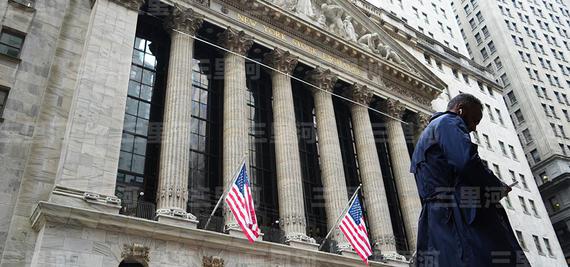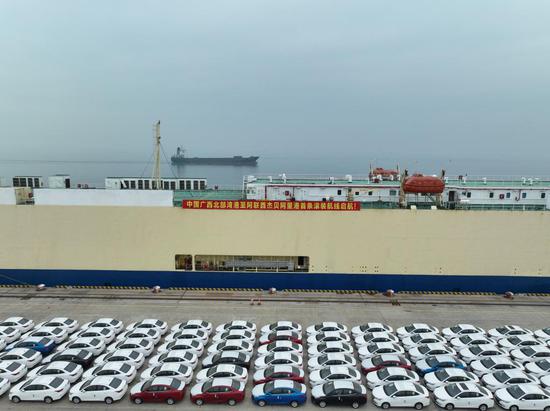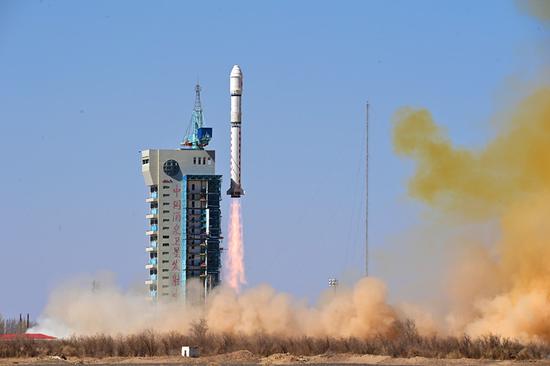(ECNS) -- Shortly after markets opened on Monday, all three major U.S. stock indexes extended their previous downward trend, each dropping more than 3 percent. Then, a sudden report claiming that the U.S. would delay tariff implementation by 90 days triggered a sharp market rebound. However, the news was short-lived as the White House soon dismissed the report as fake news, causing another drop in stock.
The chaos was amplified on social media. Though lasting less than half an hour, it fully exposed Wall Street's deep concerns that U.S. tariffs could disrupt the global economy.

Amid the heavy sell-off in U.S. stocks, the prospect of the Federal Reserve stepping in to rescue the market remains uncertain.
Despite market chaos, Fed Chair Jerome Powell signaled on Friday the U.S. central bank won't rush to react.
Meanwhile, Wall Street is increasingly betting that the Federal Reserve will cut its main interest rate at least four times this year, according to the Associated Press.
As for the tariffs, the U.S. government is sending mixed signals. According to The Hill, several government officials stated on Sunday that multiple countries are negotiating with the U.S. to reduce tariffs. However, other officials emphasized that tariffs will remain in place.
If the Trump administration maintains the massive tariffs he announced Wednesday, his unprecedented trade policies will probably cause both the U.S. and global economies to enter a recession in 2025, JPMorgan analysts told CNN.
Besides, Goldman Sachs economists raised U.S. recession probability to 45 percent from 35 percent and lowered its Q4-to-Q4 GDP growth forecast to 0.5 percent from 1 percent, according to Bloomberg.
Amid the downturn, structural contradictions within the U.S. economy are gradually coming to the forefront.
The U.S. government aims to reduce the trade deficit and promote manufacturing by increasing tariffs. Instead, the trade war is likely to significantly raise the cost of imported raw materials and components for U.S. businesses, further eroding their competitiveness.
For many years, the United States has maintained the dominance of the dollar, using its global circulation and low-cost financing to support the long-term bull market in U.S. stocks. The new round of tariff policies threatens this cycle.
In today's globalized economy, no country can walk away, unscathed after rashly starting a trade war. The U.S. government still has a chance to halt and repair the unequal tariff policies. Otherwise, it could find itself entering economic trouble of its own making.
(By Gong Weiwei)


















































 京公网安备 11010202009201号
京公网安备 11010202009201号